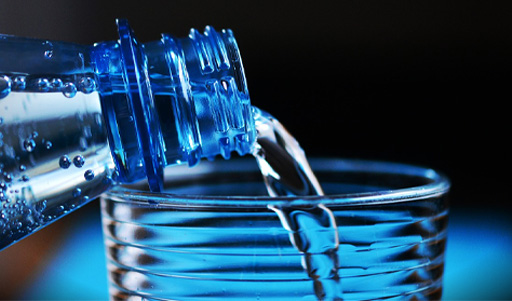4.2 Hydration
Your daily hydration, the absorption of liquids, especially water, as well as fluids in foods affects all your bodily processes as well your nervous system and brain function, thereby impacting on your physical, mental and emotional wellbeing.
The average recommended quantity of daily liquid intake for an adult varies according to the size and weight of the person, the level of activity, the temperature and environment, etc. A general rule of thumb is 6–8 glasses of liquids per day and ideally most of this from water. However, an excess intake of fluids can be as dangerous as dehydration so it may be useful to seek professional advice from a qualified nutritionist or nutritional therapist [Tip: hold Ctrl and click a link to open it in a new tab. (Hide tip)] on the best amount, and type, of fluids for you to consume (British Nutrition Foundation, 2024).
Activity _unit9.5.2 Activity 8 Keeping hydrated to support mental and physical health
Watch the video which looks at what would happen if you didn’t drink water. Make a note of how much water you routinely drink over the next week. Ascertain whether it would be good to increase your water consumption and identify ways in which you could do this. For example, you might start each day with a glass of water or take a water container with you to work.

Transcript
[MUSIC PLAYING]
Discussion
Dehydration affects how you feel mentally and emotionally. It might also reduce your attention span and cognitive function, thereby impairing your memory and mental processing. These effects could impact on your role as an educator, so staying hydrated can assist you in your professional life.

